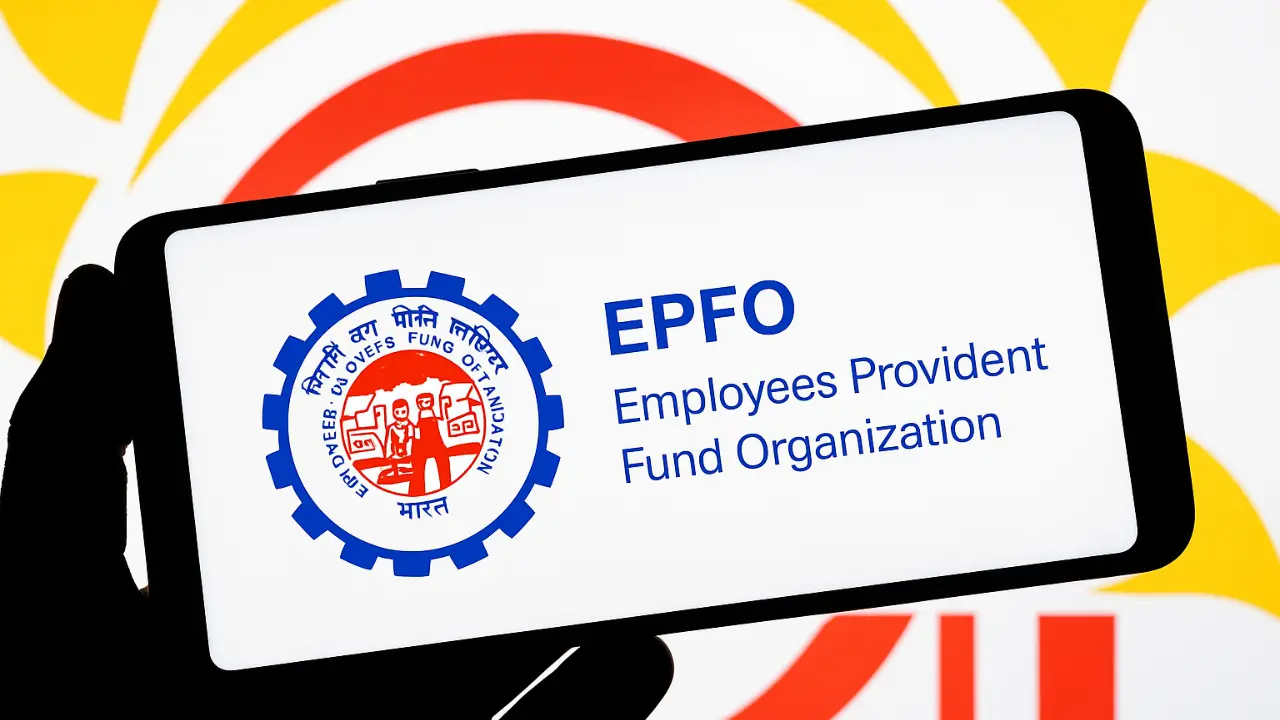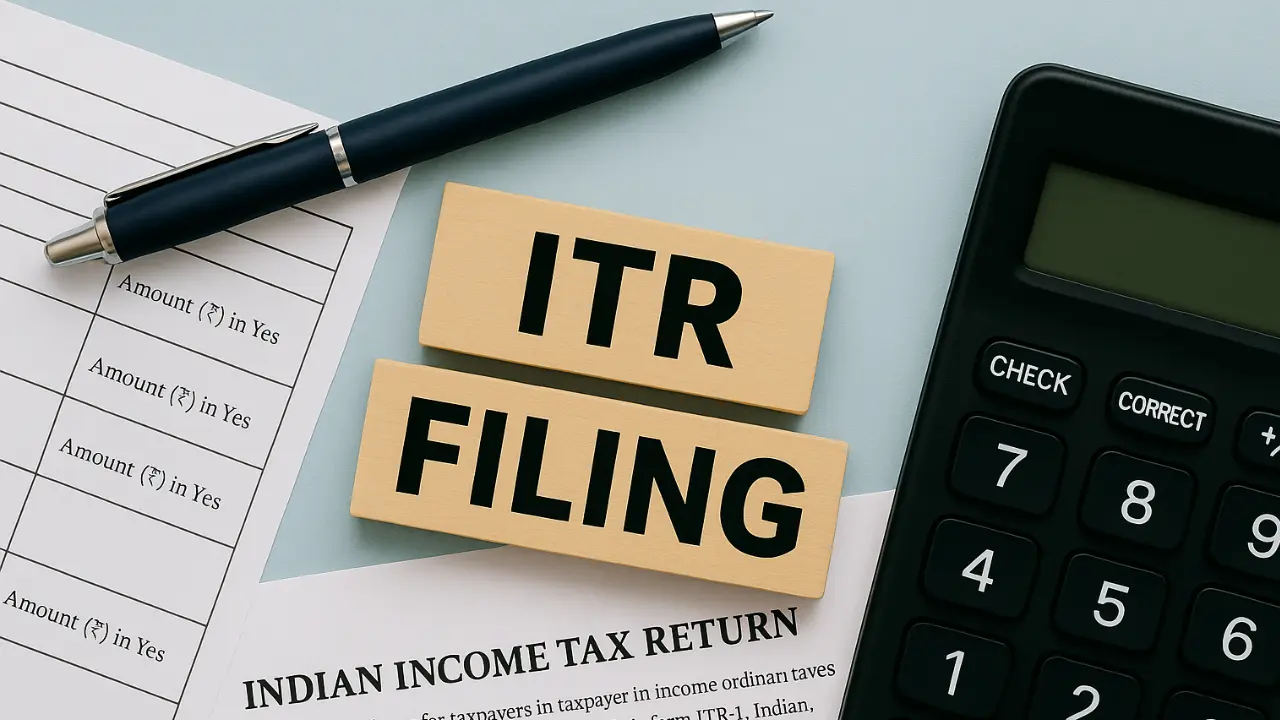For financial necessities like house repairs, unexpected medical expenses, or even large expenditures, personal loans are a practical solution. Many borrowers are not aware, nevertheless, that depending on how the loan is used, personal loans may also provide specific tax advantages. You may be able to maximize your loan while lowering your tax obligation if you are aware of these advantages.
This article provides a thorough explanation of when and how to claim tax benefits on personal loans in India.
Can personal loans offer tax benefits?
Personal loans are not specifically listed as being eligible for tax deductions under the Income Tax Act of 1961. The reason you use the loan, however, may have an impact. Depending on how the money is used, you may be able to claim exemptions or deductions in some situations.
Extend the article’s logo Go on reading
When are personal loan tax benefits available?
Purchasing or remodeling a home certain provisions of the Income Tax Act allow you to claim tax deductions if you utilize a personal loan to buy, remodel, or repair your home:
Section 24(b): The interest paid on a self-occupied home may be deducted up to ₹2 lakhs. The interest deduction has no maximum limit if the property is rented out.
Important note: Make sure you keep the right records, including loan statements and evidence that the money was used on household expenses.
Costs associated with the business
The interest paid on the personal loan may be deducted as a business expense if it is used for business activities. In effect, this decreases your tax bill by lowering your taxable income.
Eligibility: The loan must be used directly to fund working capital investments or equipment purchases that increase business revenue.
Costs associated with education
Although personal loans are not typically considered education loans, you could be able to deduct the interest if you use the loan for educational costs. However, choose loans explicitly classified as education loans under Section 80E for guaranteed tax benefits on education.
Investments
The tax treatment differs if you utilize the personal loan to invest in assets like stocks, mutual funds, or real estate:
Real estate: If the property produces income, interest paid on a personal loan used to invest in it may be written off under Section 24(b).
Stocks and mutual funds: If you have records attesting to the funds’ use, you can deduct the interest paid from the capital gains from the investment.
No tax benefits
Tax benefits are often not available for personal loans used for personal expenses like weddings, vacations, or other living expenses. These costs are not deducted from taxes since they are regarded as discretionary.
Important things to keep in mind
Documentation is essential.You must keep accurate records, such as loan agreements, bank accounts, and invoices, to demonstrate the loan’s purpose in order to be eligible for tax benefits.
Loan duration and use: Make sure the money is utilized exclusively for expenses that are deductible. Tax authorities could examine your claims if you do not offer enough evidence.
Speak with a tax advisor: Tax rules can be complicated and dynamic. You can get advice from a knowledgeable tax expert on how to properly and correctly claim deductions.
An example of a situation
Assume you want to renovate your house and take out a personal loan of ₹5 lakhs at 12% interest:
Annual interest paid: ₹60,000
If you can show evidence that the loan was used for house improvement, you can deduct ₹60,000 from your taxes under Section 24(b). This could save you money on taxes by lowering your taxable income.
Tips to maximize tax savings
Make thoughtful use of personal loans for tax-benefitting investments or home remodeling projects.
To make tax returns easier, always choose lenders who provide clear loan terms and simple documentation.
Make sure you fulfill the requirements for deductions under the applicable Income Tax Act sections.
Depending on how they are used, personal loans can offer indirect tax benefits in addition to being a financial instrument for urgent needs. You can lessen your financial burden and take advantage of personal loans’ flexibility by using the loan carefully and being aware of any applicable tax laws. To make sure you are maximizing your savings and accurately claiming benefits, always get advice from a tax expert.
Catch today’s top stories and trending updates across News, Entertainment, Business, and Sports. Dive into expert Finance insights, market trends, and smart investment tips in our Finance hub.
Read More:- How to Use a Personal Loan EMI Calculator to Plan Your Budget Smartly
Top 10 Benefits of Filing Income Tax Returns (ITR) in India
New Income Tax Slabs 2025: Zero Tax on Income up to Rs 12 Lakh











Leave a Reply